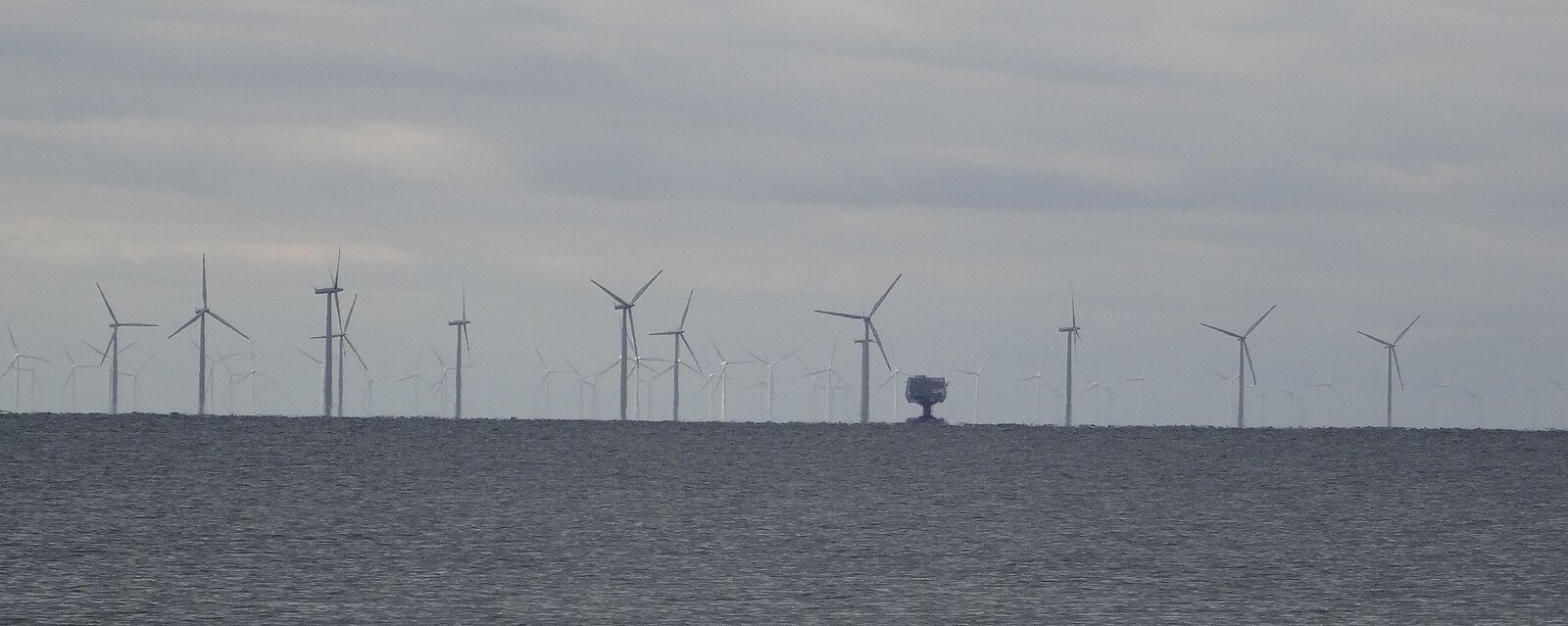
| Project data | |
|---|---|
| Project leader: | Prof. Prof. h. c. Dr. Ursula Siebert |
| Chief scientist: | Dr. Joseph Schnitzler |
| Scientific staff: | Nina Maurer, Dr. Tobias Schaffeld |
| Project term: | January 2023 - December 2025 |
| Sponsorship: | BMBF – JIPOceans MARE:N-Meeres- und Polarforschung im Förderbereich: Meeresforschung |
Project description
Sounds from offshore wind farms (OWF) are among the main contributors of anthropogenic noise to the marine environment. Substantial effort has been expanded on understanding possible impacts of noise resulting from the development stages of the OWF lifecycle. Despite 30 years of OWF operation in EU waters, our understanding of the impacts in the operational phase on marine ecosystems is limited. In this consortium, we aim to address this gap by expanding our knowledge of the radiated noise and the biological consequences of these operations and placing them in appropriate regulatory contexts, including provisions for adaptive mitigation advice. From the source and medium side, we will quantify key features of radiated noise from fixed and floating OWF, to increase understanding and simulate cumulative effect of clusters on radiated noise, helping us to identify sensitive habitats in cross-basin soundscapes. From the biological perspective, we will identify spatial and qualitative use of operating OWF by top predators and study the impacts of OWF noise on zooplankton behavior. These efforts will advance our knowledge of acute and cumulative effects of operational OWF noise across pelagic food webs. Harmonising and combining these two sides, we will develop knowledge and tools for integration of all aspects of noise production and propagation from operational OWF. This will facilitate assessment of planned OWF expansion for marine spatial planning and environmental impact. Finally, we will synthesise knowledge and best practices from EU and international experiences with fixed offshore wind installations and transfer this into the development of policy, mitigation, and regulation for the floating OWF within national, EU and international frameworks. With expected substantial expansion in OWF infrastructure globally as part of the green shift, our data and approaches will help facilitate this transition while minimizing impacts on the marine ecosystems


